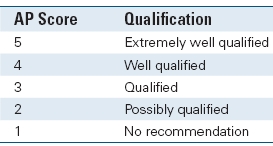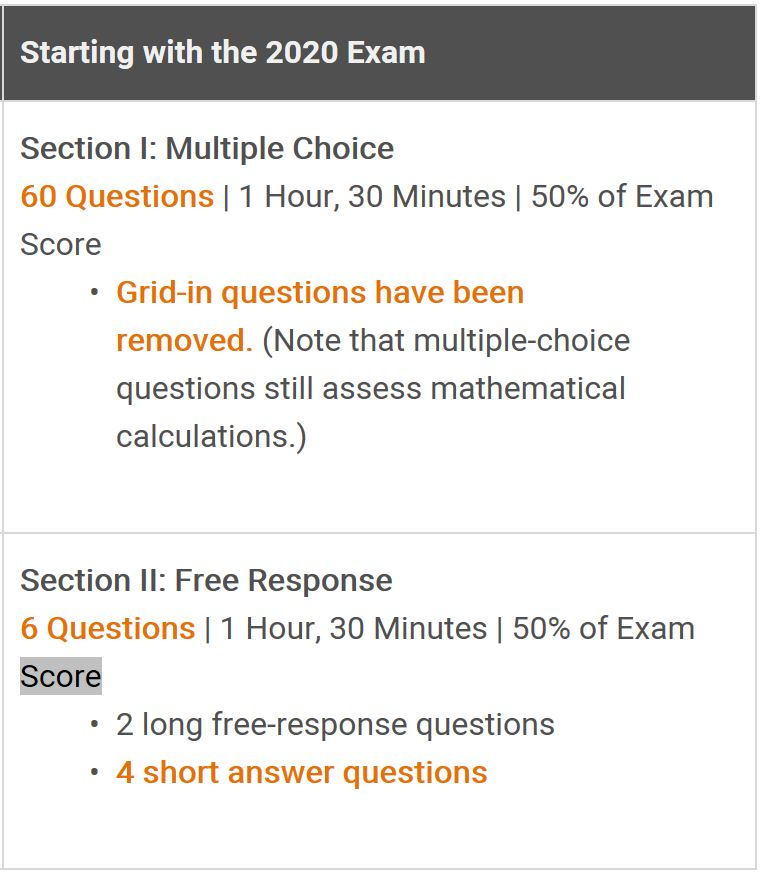AP Biology
Before February 2020: Order a copy of the AP Biology Test Prep Workbook (isbn: 9780134546902) at this website:
Pearson Education AP Test Prep Series
The "2018" edition of the book is listed as the only item on this page.
Introduction
Welcome to Advanced Placement Biology!
This class meets every day for two periods in room 116.
Course materials you will need:
- 3 ring binder or spiral notebook
- Multiple folders for handouts
- Pens, pencils, colored pencils, highlighter
- Daily planner
- Calculator for AP exam
- Lab Manual Workbook (bring to class every day)
- Textbook (home reference for homework)
This course is part of a nationwide program based on the belief that many students are ready for college work while still in high school, and their abilities should be recognized, encouraged and rewarded. As a college level course, the amount of material covered as well as the complexity of the topics will be high. It is the responsibility of the student to come to class each day understanding the previous day's material. An ongoing unstated assignment, therefore, is to learn the material as it is presented. Students must be certain that they are willing to accept this challenge and be committed to keep up with the work.
AP Biology is topic based. The list below shows the topics we will be studying over the course of the year. This class provides a much more in depth survey of biology topics than you were exposed to in the past.
- Ecology and Human Impact on the Environment
- Biochemistry of Life and Cellular Organisms and Pathways
- Genetics and Evolution
- Anatomy of Plants and Animals
- Bioethics and Laboratory Research
Grading
Grades are based on a point system:
1. Tests generally are worth 100 or 200 points.
a. Multiple choice tests are 30-50 questions long.
b. Essay tests are 1-2 essays in length.
2. Multiple choice quizzes are worth 10- 50 points depending on length.
3. A minimum of 8 labs (two per Big Idea) are required. This works out to two laboratory reports per marking period (on average). At least 25% of instructional time will be dedicated to lab investigations. We will do more than eight labs, if possible.
a. The 8 labs are testable on the AP Exam.
b. Additional labs will be conducted for enrichment/review.
c. Your participation in all labs counts- be on time and be in class for all labs!
4. Homework is assigned each night as a reading assignment, lab prep or questions, practice essays or multiple choice questions. YOU are responsible for making up missed work.
5. All points you earn are added up and divided by the total value of assigned points for the marking period. Participation in class counts as a grade within your average. Be on time and be in class!
6. Success in this class will be greatly improved if student follow these guidelines:
a. Stay organized. Use a folder for every new unit and keep old folders at home for review.
b. Come to class prepared and ready to work when the bell rings.
c. Do assigned homework every night.
d. Review class notes each night or day before class.
e. Take good notes with the date at the top of each page.
f. Hand in completed work on time. Points are lost on late assignments.
g. See me for extra help as soon as you realize you do not understand something.
7. The extensive work done by college faculty and AP teachers in the development of the course and the exam and throughout the scoring process ensures that AP Exam scores accurately represent students’ achievement in the equivalent college course. While colleges and universities are responsible for setting their own credit and placement policies, AP scores signify how qualified students are to receive college credit or placement:

The AP Biology course is designed to enable you to develop advanced inquiry and reasoning skills, such as designing a plan for collecting data, analyzing data, applying mathematical routines, and connecting concepts in and across domains. The result will be readiness for the study of advanced topics in subsequent college courses—a goal of every AP course. The Big Ideas reflect the central themes of AP Biology: evolution, use of energy and matter, response to stimuli and interactions with biological systems. Each Big Idea is supported by a collection of "Enduring Understandings." You will work to process the enduring understandings through classroom lessons and scientific practices such as inquiry based labs and reasoning through problems.
Big Idea 1: Evolution
The process of evolution drives the diversity and unity of life.
Big Idea 2: Cellular Processes: Energy and Communication
Biological systems utilize free energy and molecular building blocks to grow, to reproduce, and to maintain dynamic homeostasis.
Big Idea 3: Genetics and Information Transfer
Living systems store, retrieve, transmit, and respond to information essential to life processes.
Big Idea 4: Interactions
Biological systems interact, and these systems and their interactions possess complex properties.
The new AP Biology curriculum tests students on the relationships between the Big Ideas and inquiry based skills honed during laboratory exercises. Much responsibility will be placed on the students in preparation for the AP test in May. This three hour test is composed of the following parts:

Responsibilities
AP Biology is an advanced course, it is also an elective. As such, the requirements and responsibilities of the class are challenging.
1. I cannot stress enough how important it is that you have your own 4 function calculator and you know how to use it for the AP exam.
2. You are expected to turn your assignments and projects in on time.
3. You are expected to do your share of group work. Many projects and labs in AP Biology will be collaborative (group) projects.
4. Keep up with readings and study every night. Unlike math or other course, assignments may not be something you turn in for a grade.
5. Participate in class. Class discussions are a way to analyze and evaluate what you have learned and practice your knowledge of difficult concepts.
6. Stay organized. Use your planner to keep track of important due dates and reading assignments.
7. Utilize the class website to practice and reread notes. Notes and assignments are posted.